Recent interventions by the National Police have highlighted how human trafficking has advanced in Peru in recent years, increasingly affecting women, girls, adolescents, and foreign individuals who are recruited by international networks engaged in human trafficking and sexual exploitation. Among them is the dangerous criminal organization ‘The Sons of God,’ a bloodthirsty faction of the infamous ‘Tren de Aragua,’ who are involved in human trafficking with high levels of violence, as well as contract killing and extortion.
Official figures support these observations. According to information from the Specialized Prosecution Office for Crimes of Human Trafficking (Fistrap), between January and December 2023, 3,119 victims of this crime were recorded, more than double the 1,430 victims registered in 2022. Of the total affected individuals, 753 were girls and adolescents, meaning that, on average, two minors fell into the hands of these criminal networks every day. Furthermore, it is estimated that 40% of the total victims were foreigners or unidentified, demonstrating how this crime has been internationalizing in recent years.
And as pointed out by the journalists from La República, Óscar Chumpitaz, and from El Comercio, Abby Ardiles, who specialize in covering the issue of human trafficking, since 2021, migration has fueled the crime and facilitated the involvement of Venezuelan, Colombian, and Ecuadorian criminal networks that are vying for control over territories of sexual exploitation, not only in Lima but in 10 regions of the country. These exploitation networks take advantage of the poverty and need of both Peruvian and migrant individuals, using deceitful job offers, promises of a better future, or even seduction to recruit women and young people, who end up trapped in the midst of a bloody war for territorial hegemony.
This crime does not occur in isolation; it is fueled by other criminal economies operating and thriving in Peru, such as illegal mining, illicit drug trafficking, illegal logging, land trafficking, and extortion, among others. The crime also grows in the face of the state’s limited budget to confront it and the lack of a comprehensive and effective citizen security strategy, as well as police intelligence operations to tackle and curb criminality.
In the midst of this scenario, the State faces an enormous challenge that goes beyond allocating more resources in the fight against this issue. It involves adopting urgent measures to enforce the National Policy against Human Trafficking by 2030, a document created in 2022 that outlines guidelines for the optimal functioning of the 42 public services responsible for ensuring the prevention, investigation, and prosecution of the crime, as well as the care and reintegration of the victims. The State must work to streamline processes and procedures and ensure the protection of each affected person, providing a place of refuge, legal and psychological assistance, more information about their rights, and opportunities for economic and social reintegration.
At the same time, it is essential for authorities to enhance their strategies to dismantle human trafficking criminal networks and bring to justice, with exemplary sanctions, all those who profit from the exploitation of individuals. Simultaneously, providing necessary protective measures to rescued victims or those reporting these crimes is crucial.
It is also a challenge to generate the necessary awareness about the issue of human trafficking, backed by substantiated evidence and incorporating the voices of the victims themselves, in order to make decisions that lead to effective actions. Likewise, both the government and civil society must insist on preventive campaigns, utilizing all possible means to warn people, especially the youth and migrant populations, about the methods traffickers and organized crime are employing to lure their victims.
Urgent actions are needed.




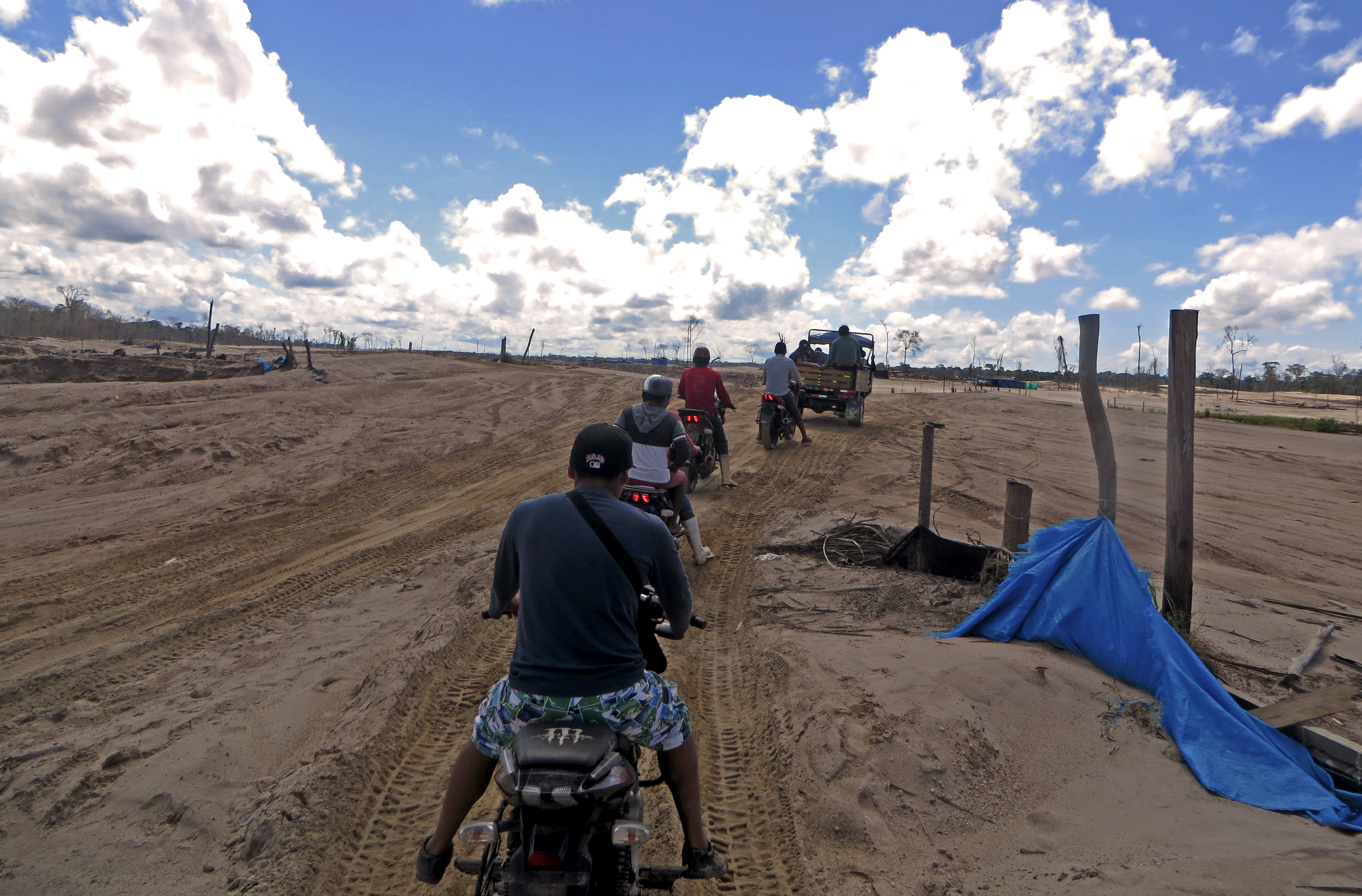
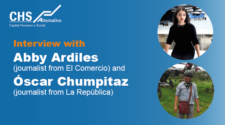
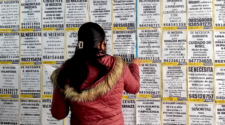
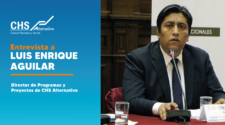
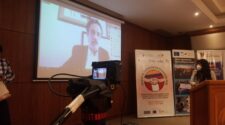
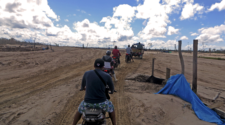

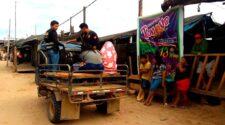
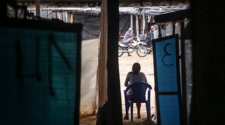


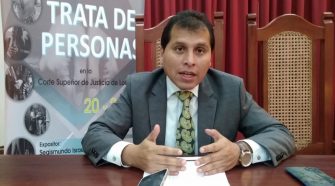
No hay comentarios aún